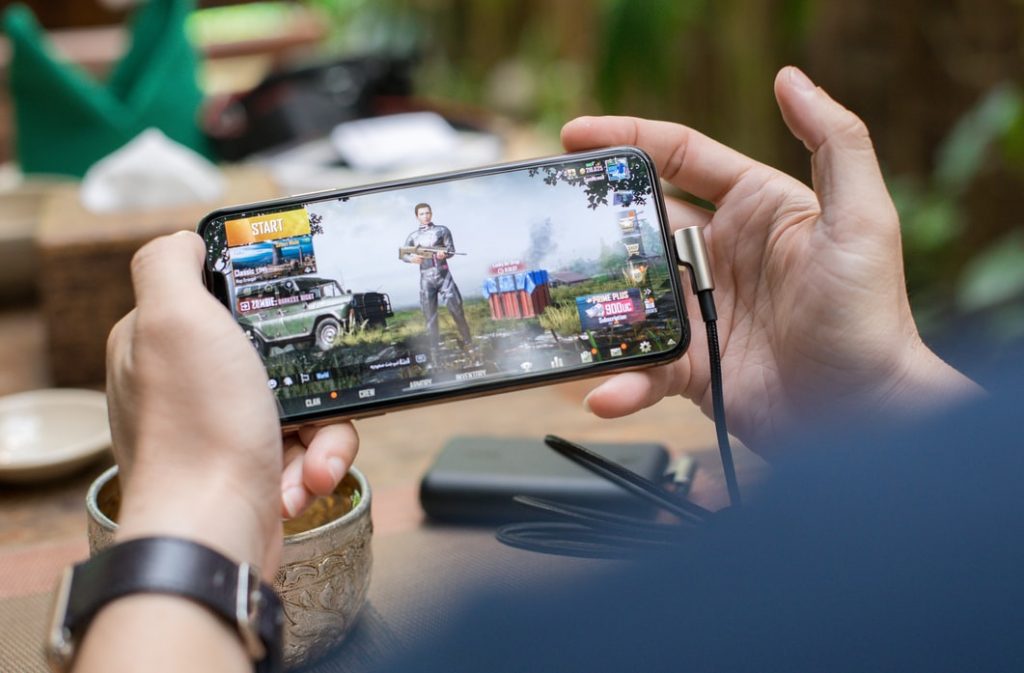Mobile gaming is fast becoming the dominant past-time of kids in IT-enabled Singapore. From mealtime to bedtime, it’s rare to find a child who is not connected to either the iPhone, Nintendo Gameboy, Playstation Portable or a mobile device of some sort.
Many parents worry about the impact of such a radical change in the development of the child. However, no one actually knows the actual long-term impact of such activities on our kids. From a research perspective, short-term experiments are inadequate and there are also significant ethical issues involved in testing children. Anecdotal evidences abound but research is relatively sparse.
So “parent knows best” is still important at the moment. What can a parent consider in deciding your child’s exposure to computer games? We’ll approach the issue from both a game-feature perspective and a child-centric perspective.
(1) CHILD-CENTRIC CONSIDERATIONS
 There is no hard and fast rule for “necessary exposure” of kids to games, even in the Internet age. It is more important to understand your child and his/her inclination. If the child is musically inclined, he may be drawn to the music in games or he can be directed to other offline musical activities. Similarly, you can direct a body-kinesthetic boy towards sports instead of action games.
There is no hard and fast rule for “necessary exposure” of kids to games, even in the Internet age. It is more important to understand your child and his/her inclination. If the child is musically inclined, he may be drawn to the music in games or he can be directed to other offline musical activities. Similarly, you can direct a body-kinesthetic boy towards sports instead of action games.
Although there may be kids who are especially drawn to games, they can still be directed to alternatives provided you understand their motivation & inclination. In a nutshell, you can control when your kids start playing games.
(2) GAME-CENTRIC CONSIDERATIONS
 You can also control what kind of games your kids will play. Not all games are created “equal”. Modern game design adopts sophisticated approaches to analyse how features can serve to keep gamers playing. Hence it is very useful to have some basic knowledge of games so that you can influence the types of games your children start on. Kid-friendly games may show cartoonish content but also expose them to a culture of consumption. Fighting games engage with the action but also decrease empathy in children.
You can also control what kind of games your kids will play. Not all games are created “equal”. Modern game design adopts sophisticated approaches to analyse how features can serve to keep gamers playing. Hence it is very useful to have some basic knowledge of games so that you can influence the types of games your children start on. Kid-friendly games may show cartoonish content but also expose them to a culture of consumption. Fighting games engage with the action but also decrease empathy in children.
So choose games carefully. Look at the game ratings for boxed games. For online games, search for reviews especially from parenting resources. In the next few posts, I’ll highlight some useful websites.
Finally, the Internet age is just as good a time to bring our kids outdoors compared to the past. Do not just fight the trends of computer gaming. Instead counter it with plenty of viable alternatives. In that way we also give our children plenty of choices, making them resilient.
We run workshops in many formats to create awareness and address this issue. We engage parents, educators & students on Cyber Wellness, Media Literacy & Digital Citizenship. Inquire with us for our programmes info!


